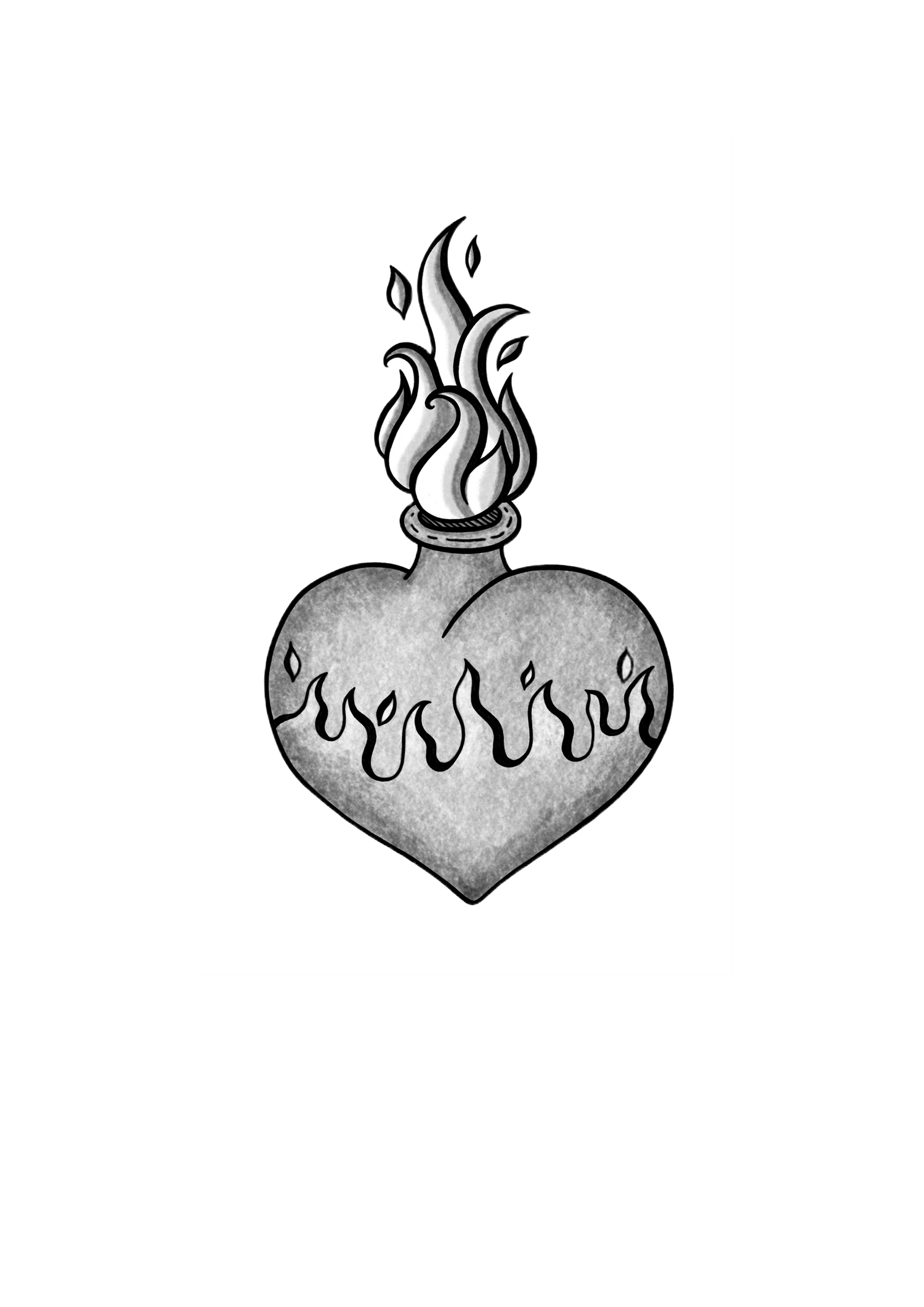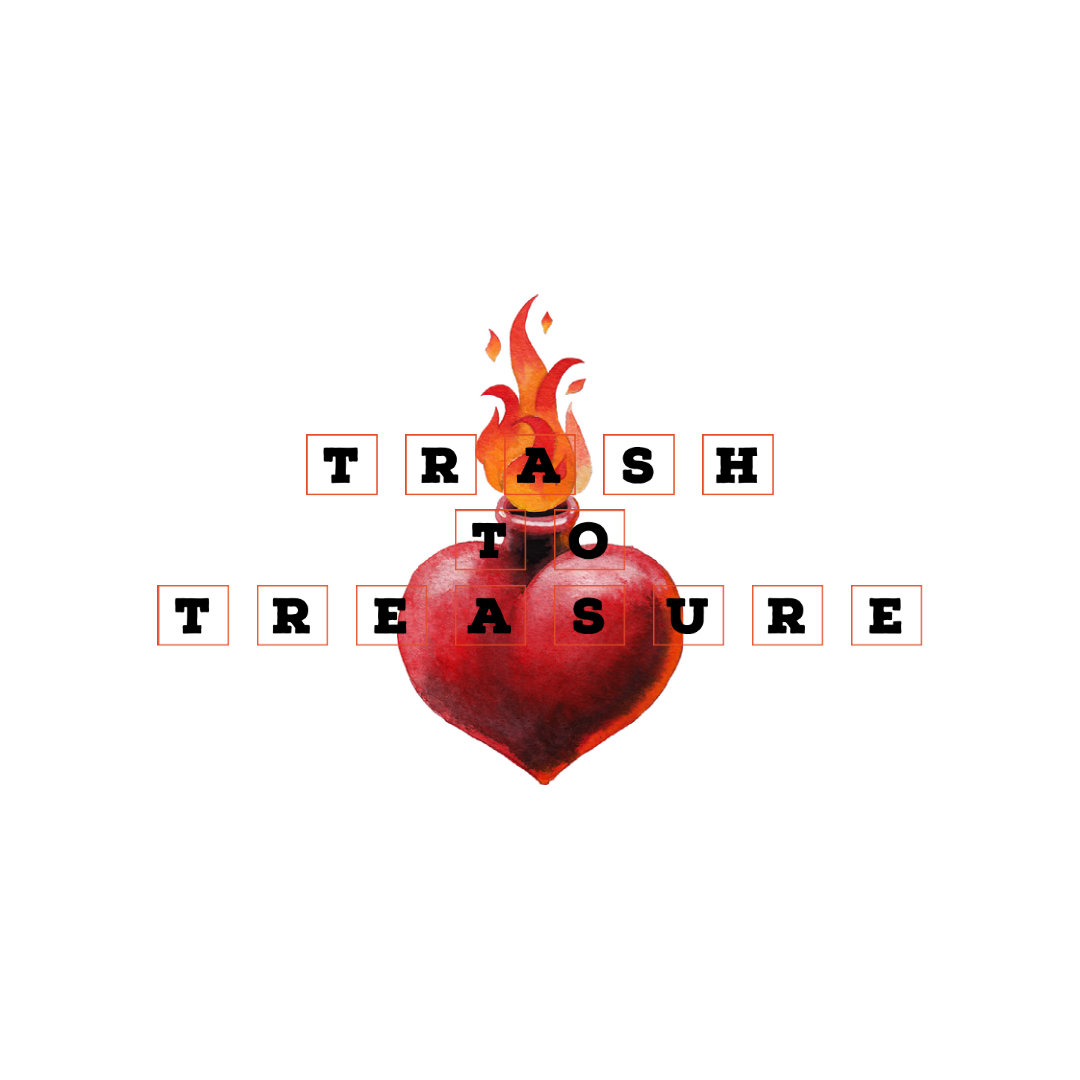My Counselor Tells Me That “Suicidal Ideation is Normal”, (part) Indigenous & Ambulance by Ron Riekki
*TW: mentions of suicide
My Counselor Tells Me That “Suicidal Ideation is Normal”
for Brenna Iyampillai
“Mine eye and heart are”
--William Shakespeare,
Sonnet XLVI
and I think of how many people have told her
that they want to kill themselves, the chair under my ass
transforming, this revelation of this cacophony
of death threats and deep fantasies of what it’s like
in the afterworld that isn’t ‘after’ and isn’t a ‘world,’
and I look at her eyes, her lovely eyes, how she’s, really,
an older Mahira Khan, the Pakistani actress known as
one of the most beautiful women in the world, and I have
a dozen corpses of tissue all around my body, looking
like a background actor in Saving Private Ryan, a film
that all my friends who are not vets love and a film
that all of my friends who are vets hate, because of
the bullshit cinematography of it, the models posed
in front of the camera. And going drinking with one vet
buddy where he drank so much that I realized he was
trying to kill himself or at least kill a part of his brain
and in the parking lot he was yelling at forms he saw,
saying that he’d kick their ass, and I was grabbing him,
telling him he was yelling at an elderly couple, but he
swung at the air, his body spinning around and landing
on the asphalt, this combination of ‘fault’ and ‘ass’ and
I just plopped down with him, exhausted too, us staring
up at the pissy clouds, our city all boring and long
and northern and lost and there were no connections
that night, no seven seals, nothing really, a friendship
that’d actually deteriorate, the sky lying to us about
its beauty. And I looked at the counselor and she looked
at me and I thought about her words; her face, so peaceful.
(part) Indigenous
I am. But I know
that the world wants
to take away
everything.
An Inuit playwright
told me once
that American theater
is all about violence,
nothing but violence,
its lust for violence
and conflict.
And that indigenous
playwriting
is all about community,
sharing community,
that violence
has nothing to do
with his plays,
that a play with violence
isn’t a play,
but is, instead, just
a continuation
of the confrontation
of those who try to take
everything.
And, strangely, I pretty
much stopped writing
plays after that,
unsure of who
my community even is
now that I’m a thousand miles
from my homeland, much
more, how I’m drowned
in America.
I write poems
and sometimes
I’m able
to peek my head out
at the world.
Ambulance
All those years I threw away on ambulances,
working on ambulances, driving ambulances,
sleeping on the gurney waiting for calls
on ambulances, how I so rarely would
restrain patients, talking partners out of it,
telling them that there is no need for it,
that we don’t have to turn the ambulance
into a prison, and how I was only spit on once,
never vomited on, ever, but coughed on
a hundred times, easily. A thousand? And
a partner fell asleep once, driving, flipped
over the ambulance, the patient in back
strapped in and finding himself on ceiling,
looking down, how difficult it was to un-
buckle him, and that wasn’t with me,
as I’d missed that shift, and a strange part
of me wishing I’d been there, experienced
that, as long as the oxygen tank didn’t
land on me, because it acts as a missile
in accidents, and a photo on the wall where
I work: of an ambulance that’d crashed
into another ambulance, a warning, and
during orientation they told us the number
one thing that’d get us killed is lights-and-
sirens, that speeding ambulances are a thing
of the ’70s, that studies have shown it just
aggravates the patients and causes crashes,
that we’re doing it twenty times less now,
and there’s groans, mumblings, how some
of these kids wanted to speed, and they are kids
too, kids as all hell, 18, 19, high school GEDs,
young adults wanting to experience blood,
OK with minimum wage, OK with not being
able to afford health insurance even though
we work in health, although there’s nothing
unhealthier than how we never can sit
down for lunch, have to eat gas station food,
food that isn’t food, and I’ve spent nine
Christmases on ambulances, six Easters
on ambulances, every single Thanksgiving
of the last decade on ambulances, how we
like to say, “Gobble” instead of “Copy”
on that November day. “Gobble that.”
And only two medics at my company
have died at work, both electrocuted.
One getting out, running up to the scene,
a patient in a puddle, and instantly
it was two people down. The second
medic running over, the exact same
thing, so that the second ambulance
arrived, saw three bodies in the water,
called in for the electric company
to shut everything off, so they came,
and they did, and the instant of darkness,
how the whole street went black, just
headlights on those bodies, and
the haunting of that. Stars. An aria.
“I submitted this poetry to a literary journal in North Carolina. They rejected them. I never submitted them again, so they have been lying there asleep in my computer. I wanted to write about subject matter that was important to me, but I think a fast, generic rejection encourages a poem to die on the vine. I polished them off, gave them a bath, and now I'm tucking them into your bed. If they have a nightmare about North Carolina in the middle of the night, just get them some milk and they'll be OK.”
Ron Riekki’s books include Blood/Not Blood Then the Gates (Middle West Press), My Ancestors are Reindeer Herders and I Am Melting in Extinction (Loyola University Maryland’s Apprentice House Press), Posttraumatic (Hoot ‘n’ Waddle), and U.P. (Ghost Road Press). Right now, Riekki’s listening to Jóhann Jóhannsson's "The Beast." Twitter: @RiekkiRon.

